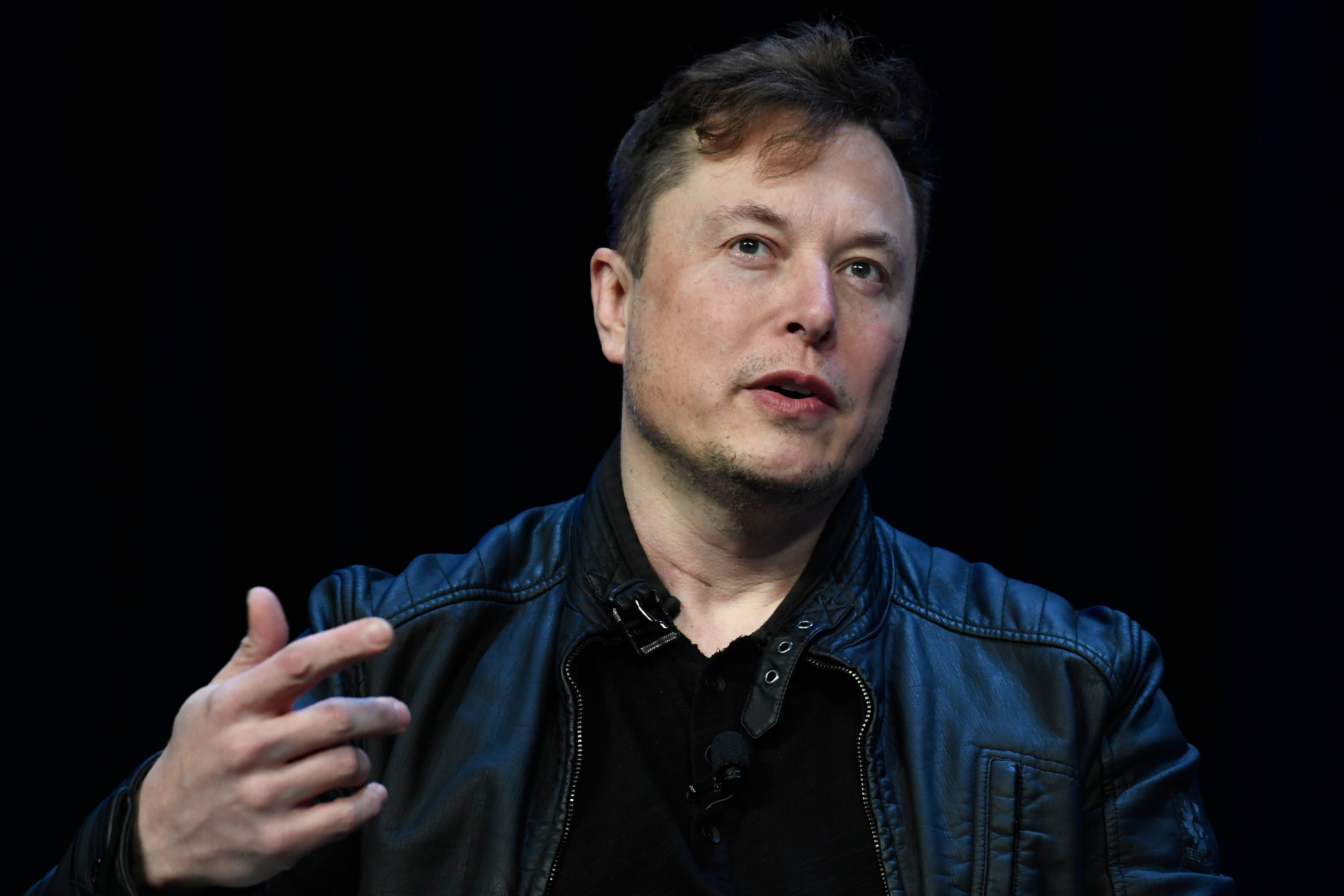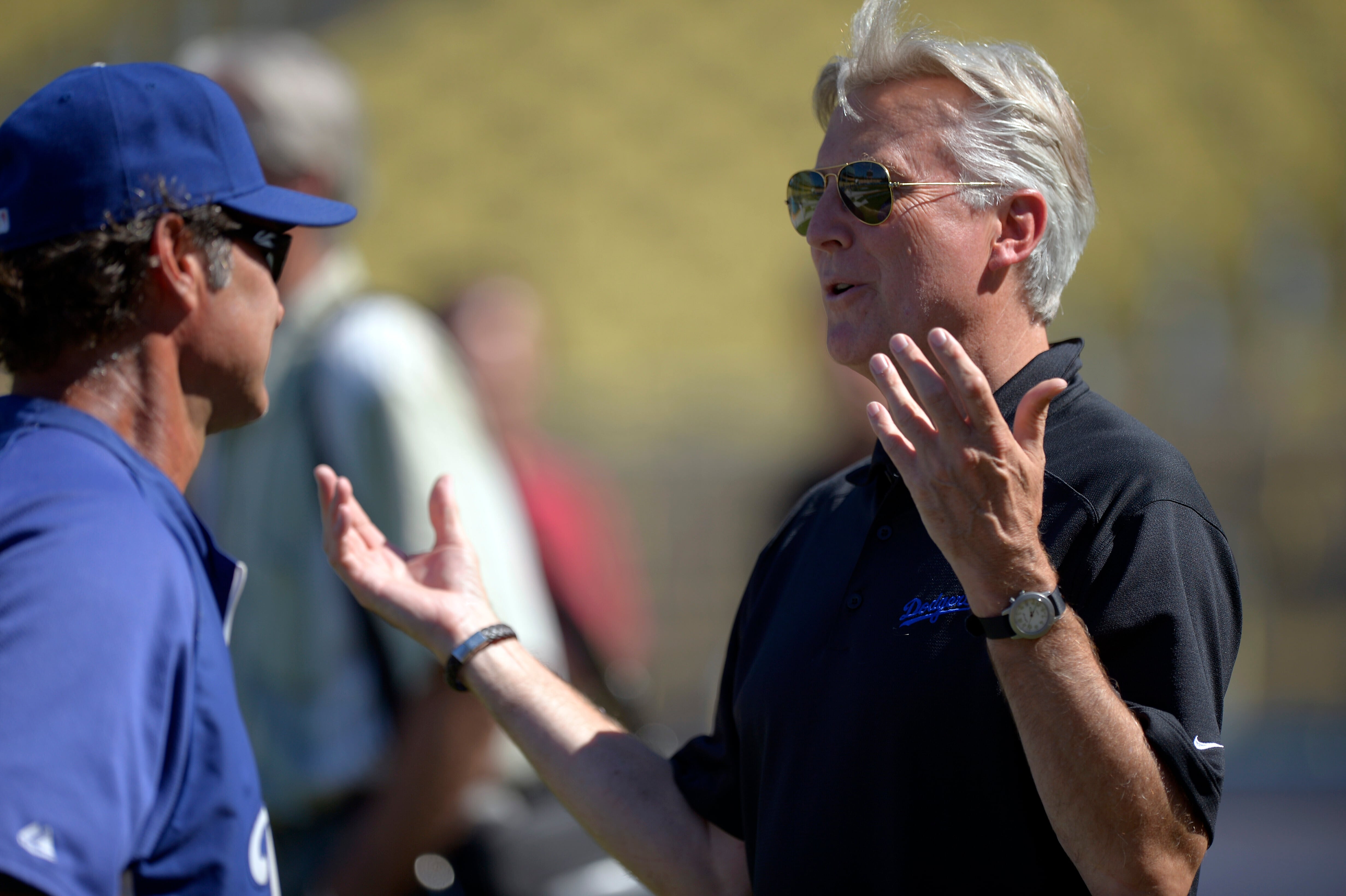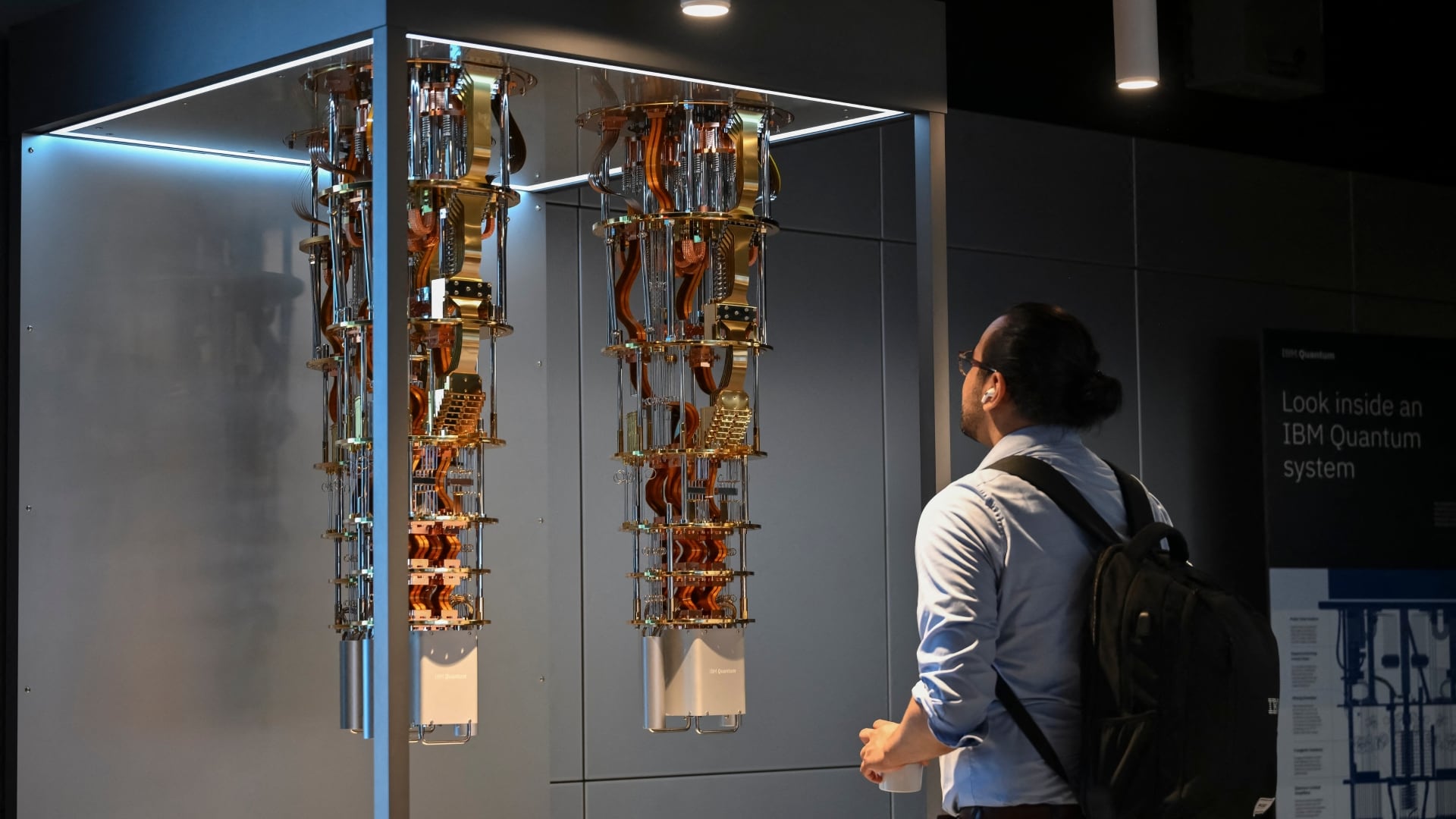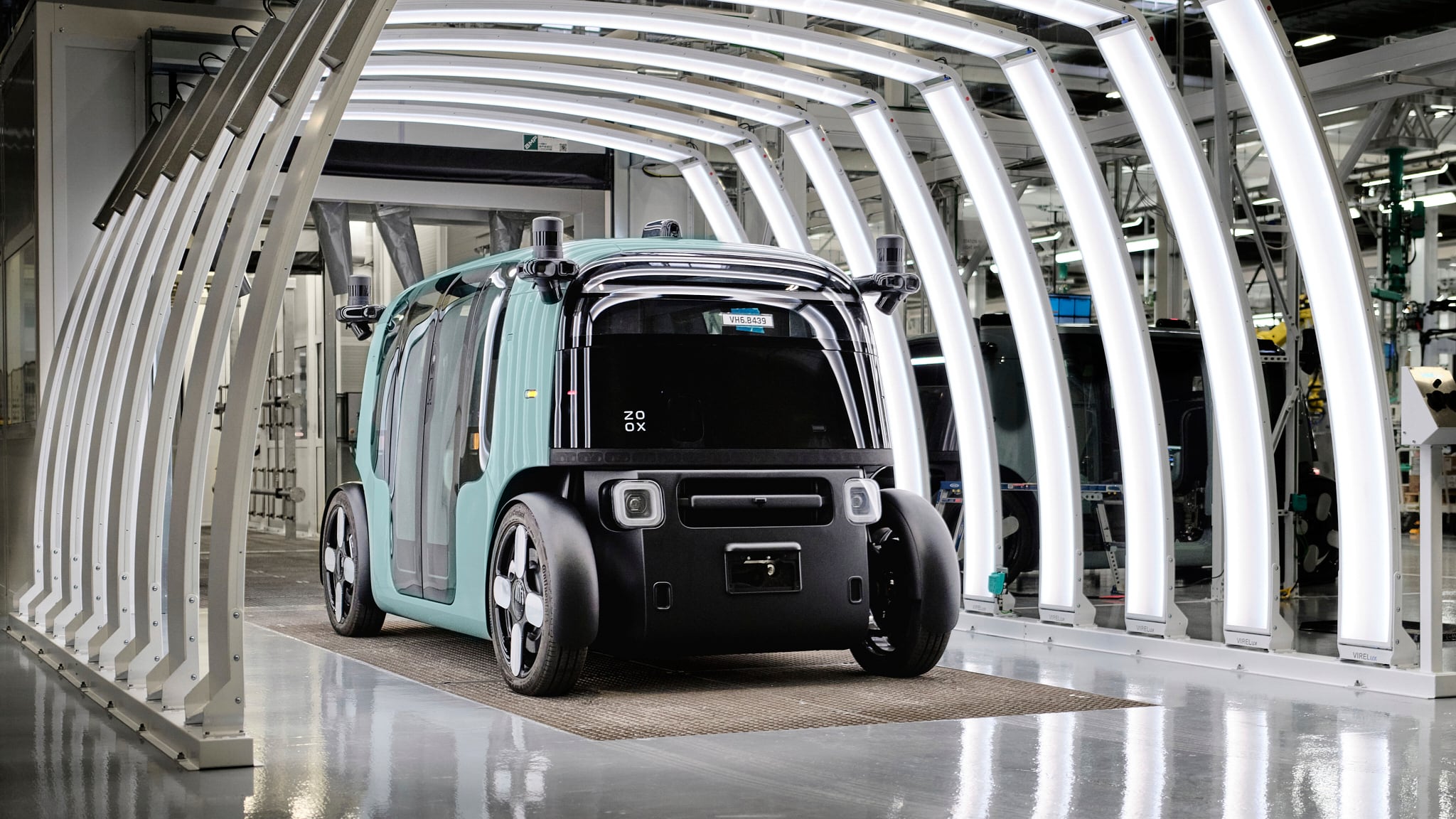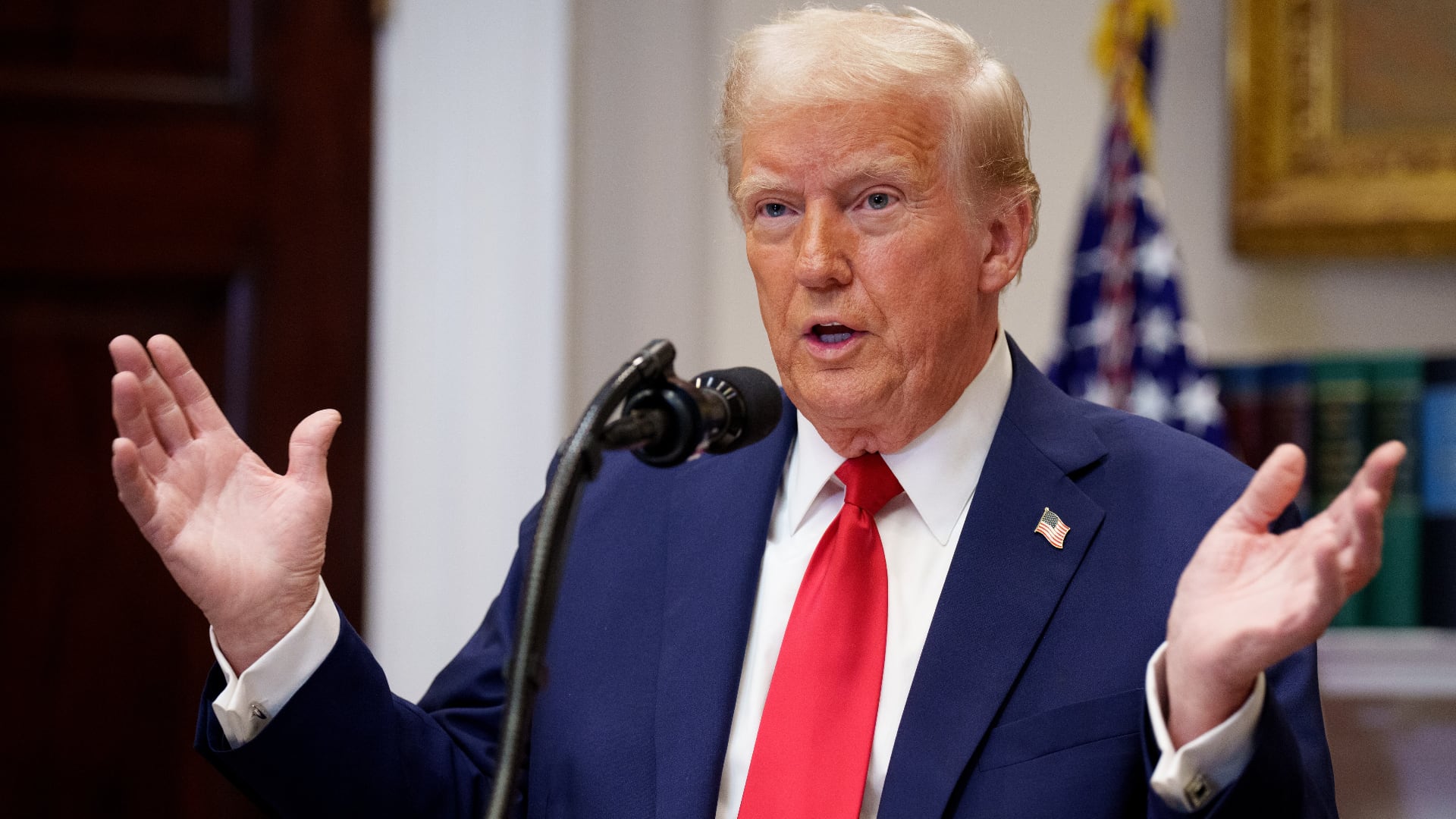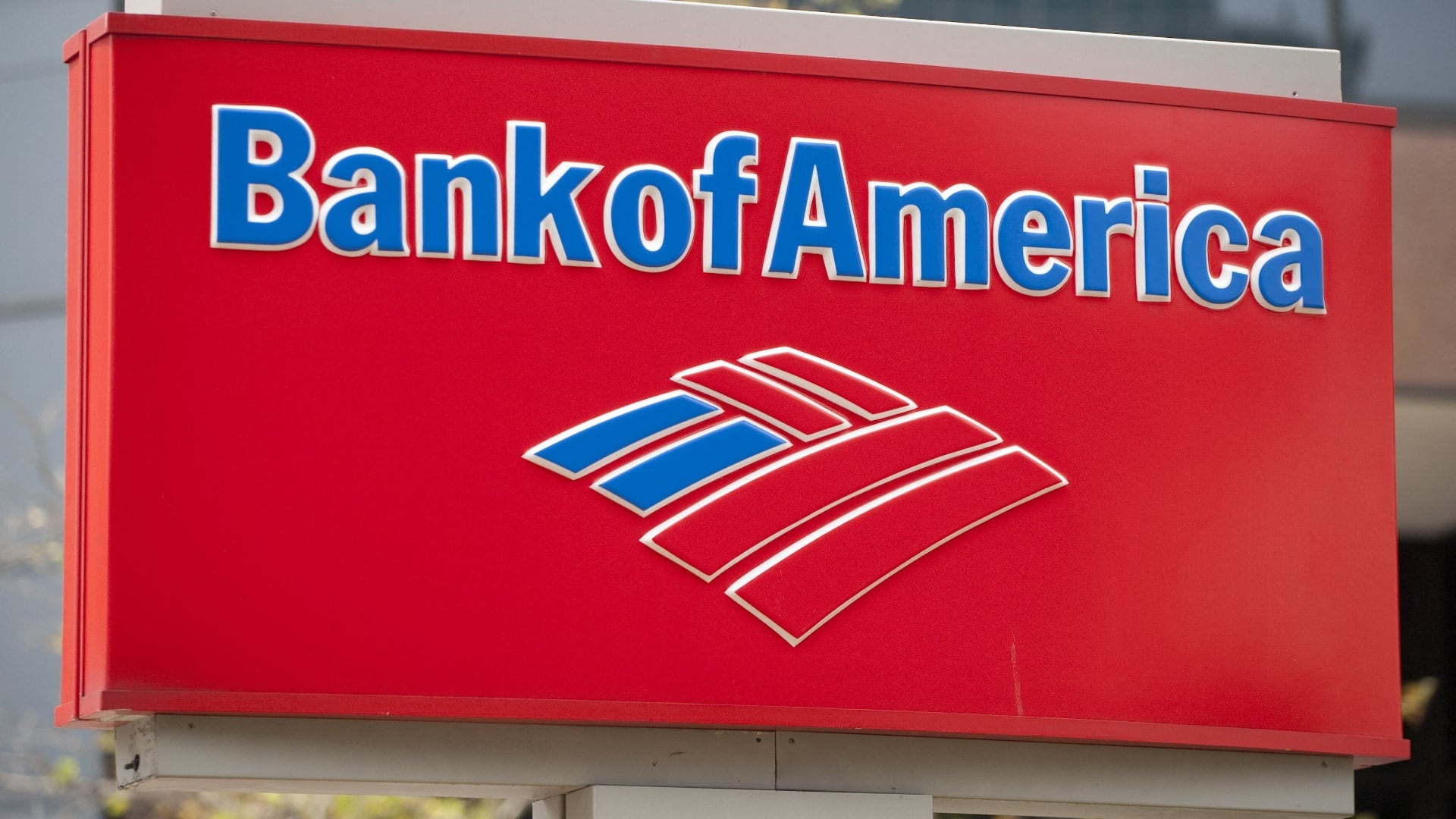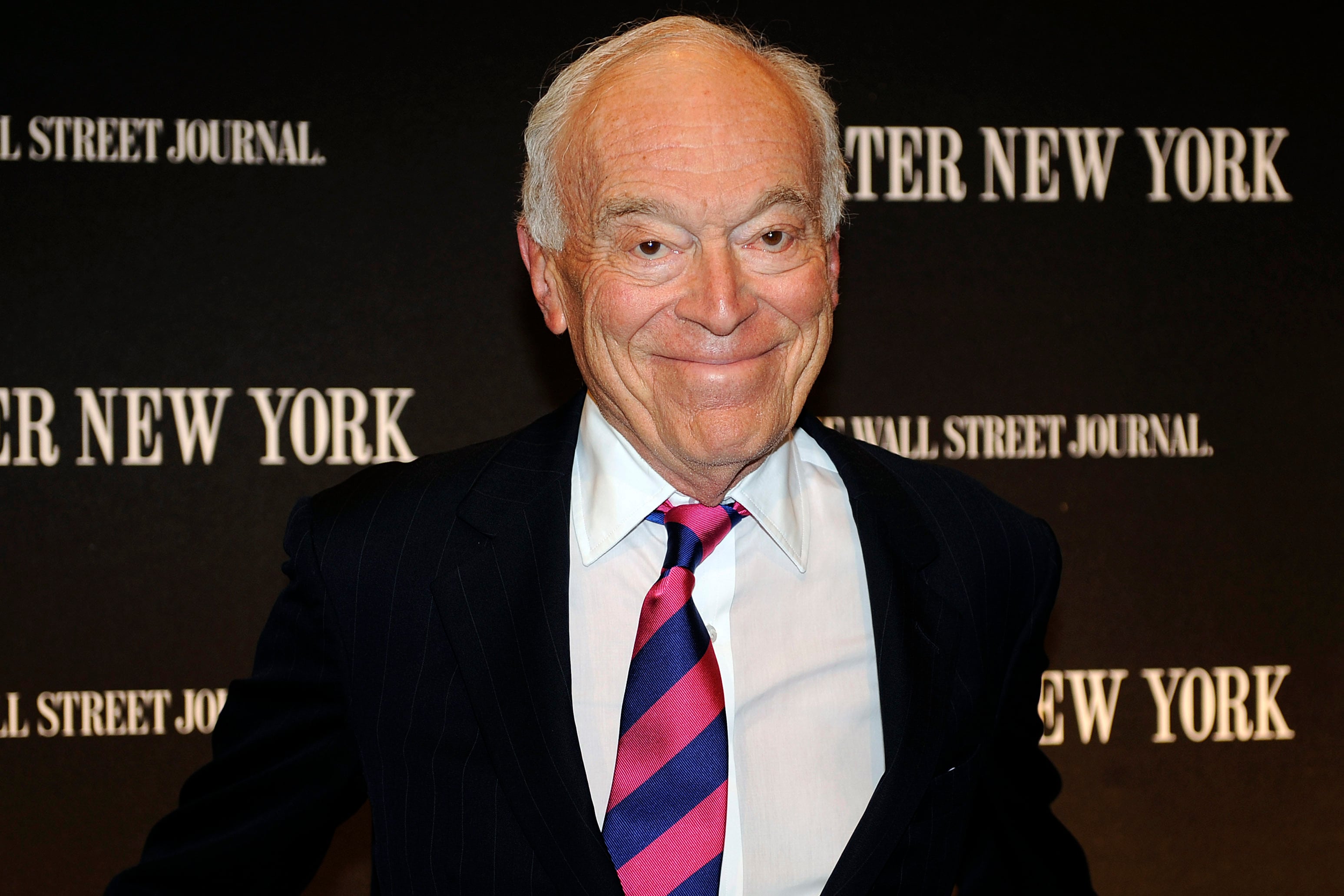The feud between the health conscious and the health liberal has long been a thorn in Coca-Cola’s side. One recent battlefront: lobbyists advocating for a sugar tax to be added on the sale of non-alcoholic beverages in the U.S. and abroad. John Murphy, the company’s Asia Pacific Group president, told Cheddar that the issue affects his business, and he says doesn’t think the tax will have the desired effect. “Many governments need revenue and they see our industry as being a very easy place to source it,” Murphy said. He points out that Coca-Cola has expanded its portfolio of healthier drinks with zero-calorie and low-calorie beverages, particularly in Japan. Health groups have introduced soda taxes across the U.S. in hopes of reducing the consumption of sugary drinks, which contribute to obesity and other health problems. According to the Centers for Disease Control and Prevention, 36.5 percent of adults in the U.S. are obese and that healthcare costs for the group are higher than for others. Soda companies have fought against a lot of that regulation, though. A study published last year found that over a four-year span, Coca-Cola and rival PepsiCo took issue with 29 health bills aimed at soda consumption. “These companies lobbied against public health intervention in 97 percent of cases, calling into question a sincere commitment to improving the public’s health,” the study concluded. “By accepting funding from these companies, health organizations are inadvertently participating in their marketing plans.” The two drink giants sponsored 95 national obesity-focused health organizations, according to the same report.
